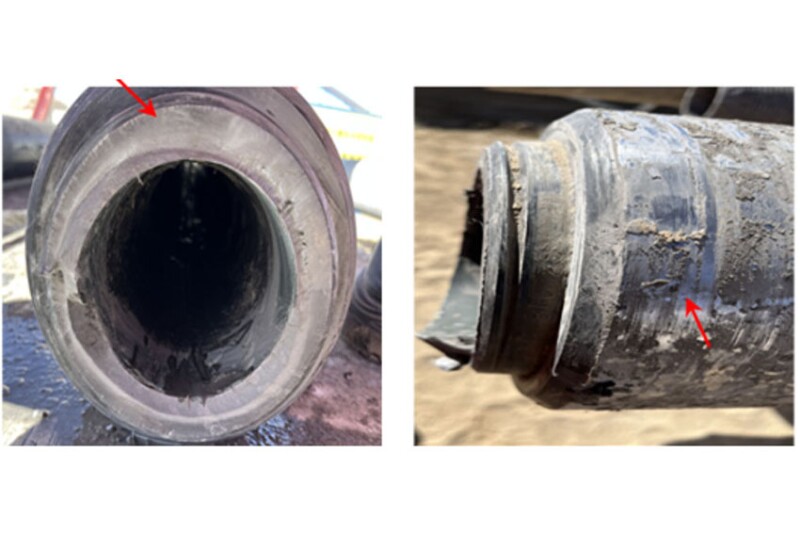Fatigue-induced failure is recognized as the primary cause of tubular twistoff. Repeated cyclic bending loads and stress caused by dogleg severity, pipe weight, and buckled drillpipes can result in drillstring fatigue and failure. The complete paper deals with the incidence of seven twistoff accidents in large shallow-dogleg sections in three deep wells with a true vertical depth (TVD) of greater than 5000 m. The authors propose a methodology for preventing drillstring fatigue and failure in deep wells with large shallow doglegs.
Introduction
Three deep exploration wells with TVD of greater than 5000 m have suffered from repeated (two or more) twistoff incidents in large shallow-dogleg sections while drilling.
×


Continue Reading with SPE Membership
SPE Members: Please sign in at the top of the page for access to this member-exclusive content. If you are not a member and you find JPT content valuable, we encourage you to become a part of the SPE member community to gain full access.

